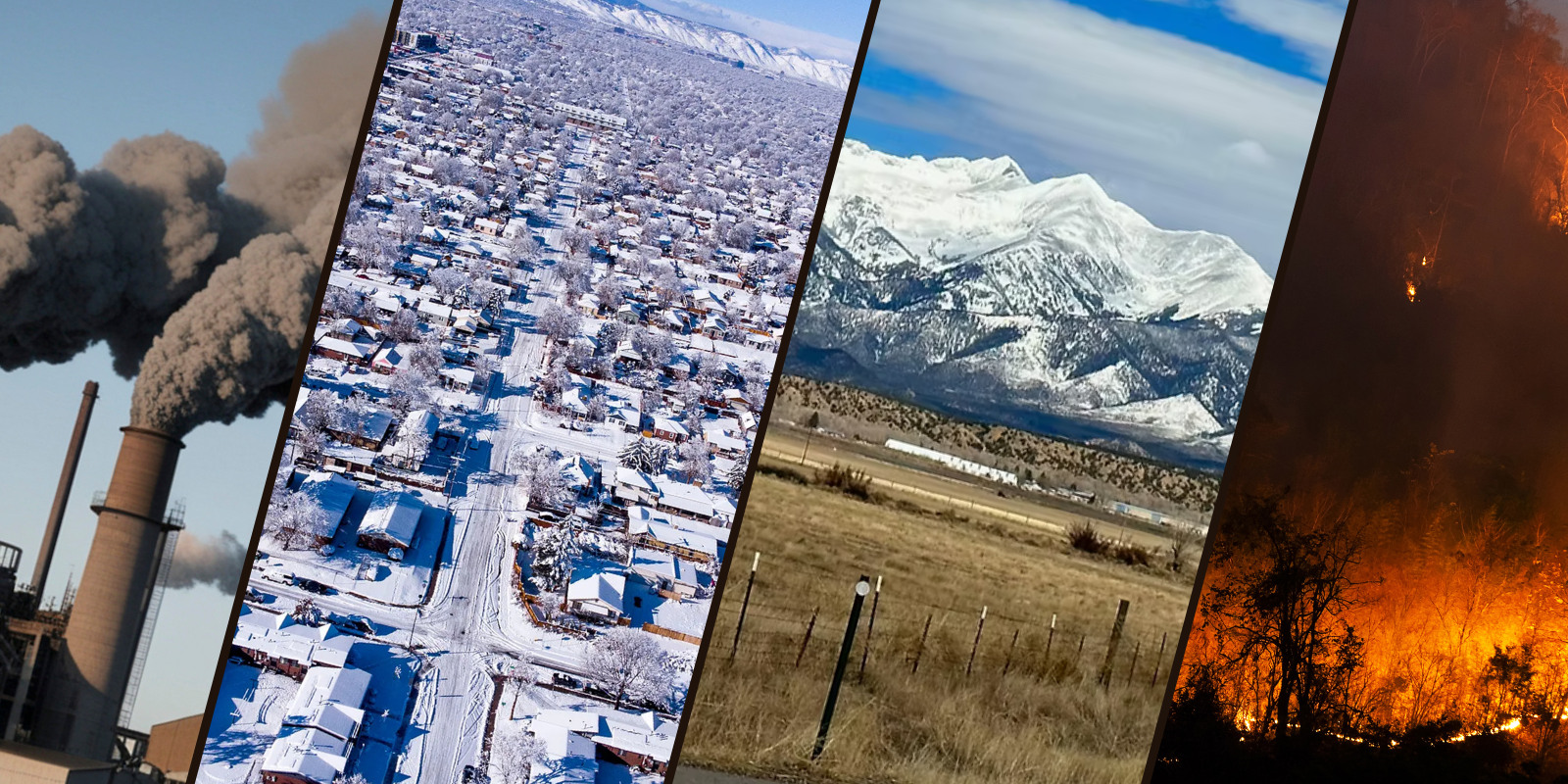The Mountain & Plains Education and Research Center (MAP ERC), part of the Center for Health, Work & Environment at the Colorado School of Public Health, is one of 18 centers across the U.S. supported by the National Institute for Occupational Safety and Health. MAP ERC's mission is to address occupational health needs in Colorado, New Mexico, Arizona, Montana, and Wyoming by educating the future occupational health and safety workforce, developing partnerships, and funding pilot research.
As part of this effort, MAP ERC provides opportunities for researchers to explore critical occupational health issues through pilot grants. One of the recent recipients of this grant is Will Zou, a second-year doctoral student in the Department of Environment & Occupational Health at the Colorado School of Public Health. Zou's project focuses on an often-overlooked group of workers in the food industry—food truck workers—and aims to investigate the occupational health risks they face. Below, Zou shares more details about his research and what excites him most about the project.

Q: Congratulations on receiving the MAP ERC grant! Can you tell us about the main goal of your pilot project?
Will Zou: Thank you! Our pilot project aims to characterize air pollutant exposures in commercial food truck settings. Specifically, we are looking at pollutants such as particulate matter, aldehydes, carbon dioxide, and polycyclic aromatic hydrocarbons (PAHs). Workers in the food truck environment can be exposed to these pollutants for long periods.
Q: Who is the target population for your study, and how did you come to focus on food truck workers?
Will Zou: Our population of interest is commercial food truck workers. Despite the industry's growing popularity over the last decade, this group is significantly understudied in occupational health. Last summer, I became interested in this issue while working in a relative’s food truck. To my surprise, I found only one study that had examined air pollutant exposures in food trucks, so I saw an opportunity to dive deeper into this area of research.
Q: Can you walk us through the key activities of your study?
Will Zou: We will deploy various indoor air sampling methods to assess the concentration of pollutants inside food trucks. In addition, we will stratify the air quality data by different types of cuisine. For example, southern cuisine often involves grilling, which may result in higher levels of particulate matter and carbon dioxide. It will be essential to consider different types of exposures within this community.
Q: What are you most excited to learn from this project?
Will Zou: I’m particularly excited to learn more about the potential health risks faced by food truck workers, who often work long hours in enclosed spaces with limited ventilation. Although food trucks are incredibly popular, the workers remain understudied in terms of occupational health. By estimating their exposure to harmful pollutants, we hope to lay the groundwork for future studies on their short- and long-term health outcomes. Another exciting aspect is our collaboration with local food truck vendors at "Food Truck Wednesdays" at the Anschutz Medical Campus. These workers have been serving the community for years, and we're eager to work with them on this important project.
Q: How does receiving the MAP ERC pilot grant support your research?
Will Zou: The MAP ERC pilot grant provides crucial funding to support the implementation of this project. It also connects us with a broader occupational health researchers and professionals network. Through MAP ERC, I have access to mentorship, interdisciplinary collaboration, and a platform to share our findings, all of which enhance the impact of our work.
This pilot study exemplifies how MAP ERC continues to foster innovative research to address real-world occupational health concerns. By focusing on the food truck industry, Zou's project sheds light on the occupational risks faced by workers in this growing sector, contributing valuable insights to the broader field of worker safety and health.
About the Center for Health, Work & Environment
The Center for Health, Work & Environment is an academic center within the Colorado School of Public Health. The Center is one of 10 Centers of Excellence for Total Worker Health® and houses the Mountain & Plains Education and Research Center (MAP ERC), one of 18 centers of its kind supported by the National Institute for Occupational Safety and Health (NIOSH). The Center team works with faculty, students, and community partners to advance worker health, safety, and well-being. The Center is committed to developing education, research, and public health practice initiatives that combat the problems of racial and environmental inequity and injustice facing workers. To effectively address the future of work, we aim to ensure a healthier and safer workplace for all.
Funding Acknowledgement
The Mountains & Plains Education and Research Center is supported by a training grant (T42OH009229) from the Centers for Disease Control and Prevention’s National Institute for Occupational Safety and Health as part of one of 18 national Education and Research Centers.






